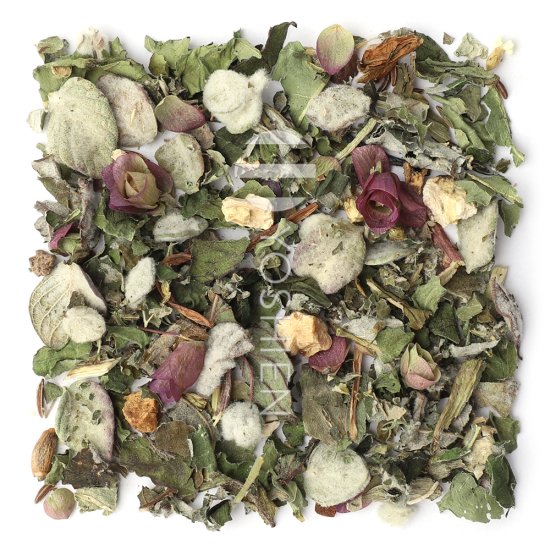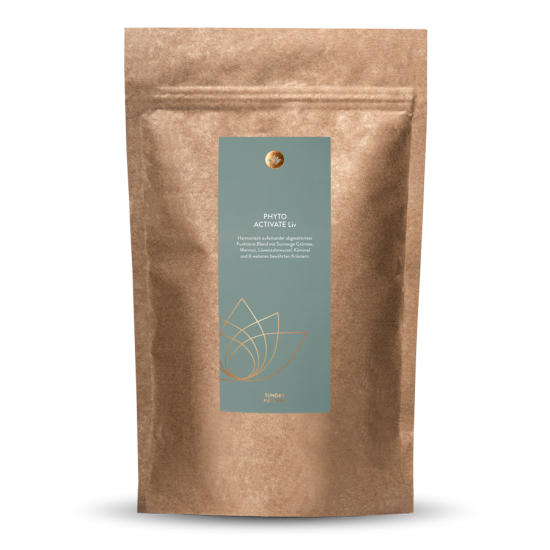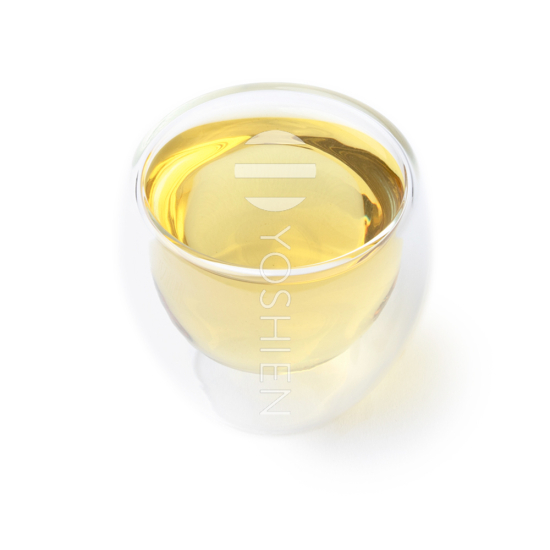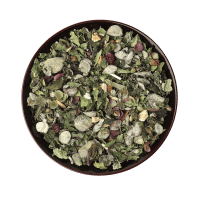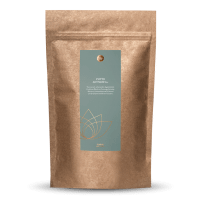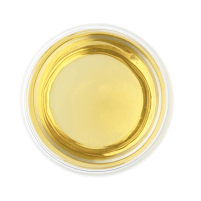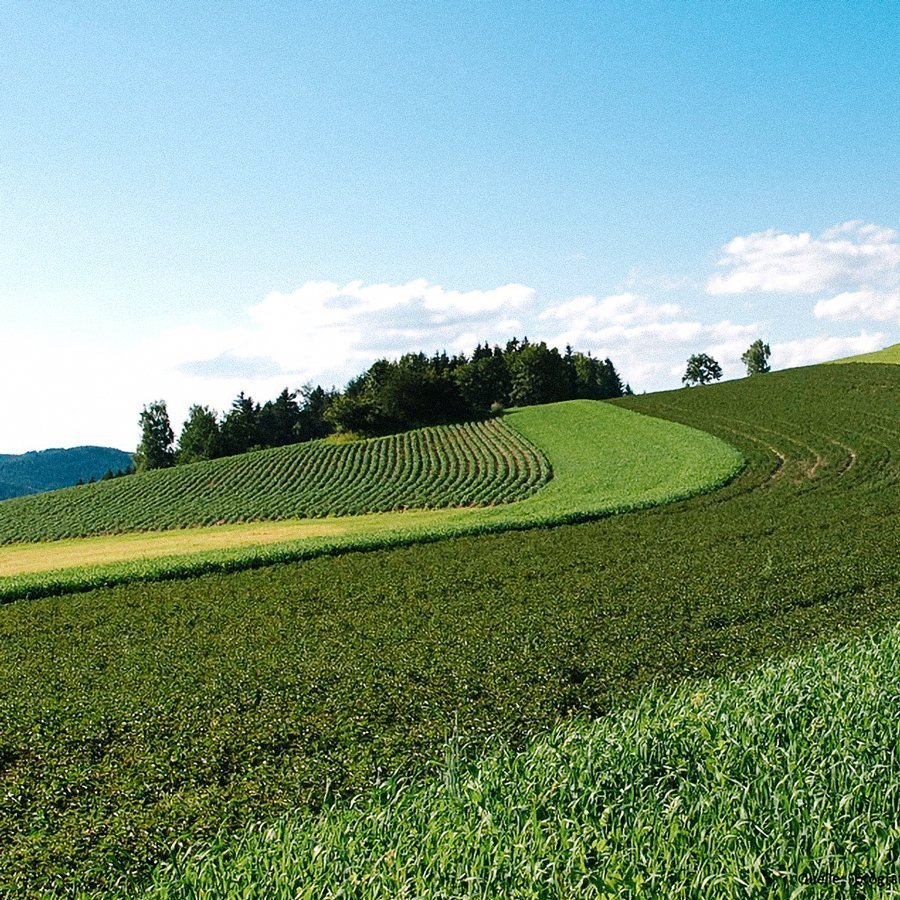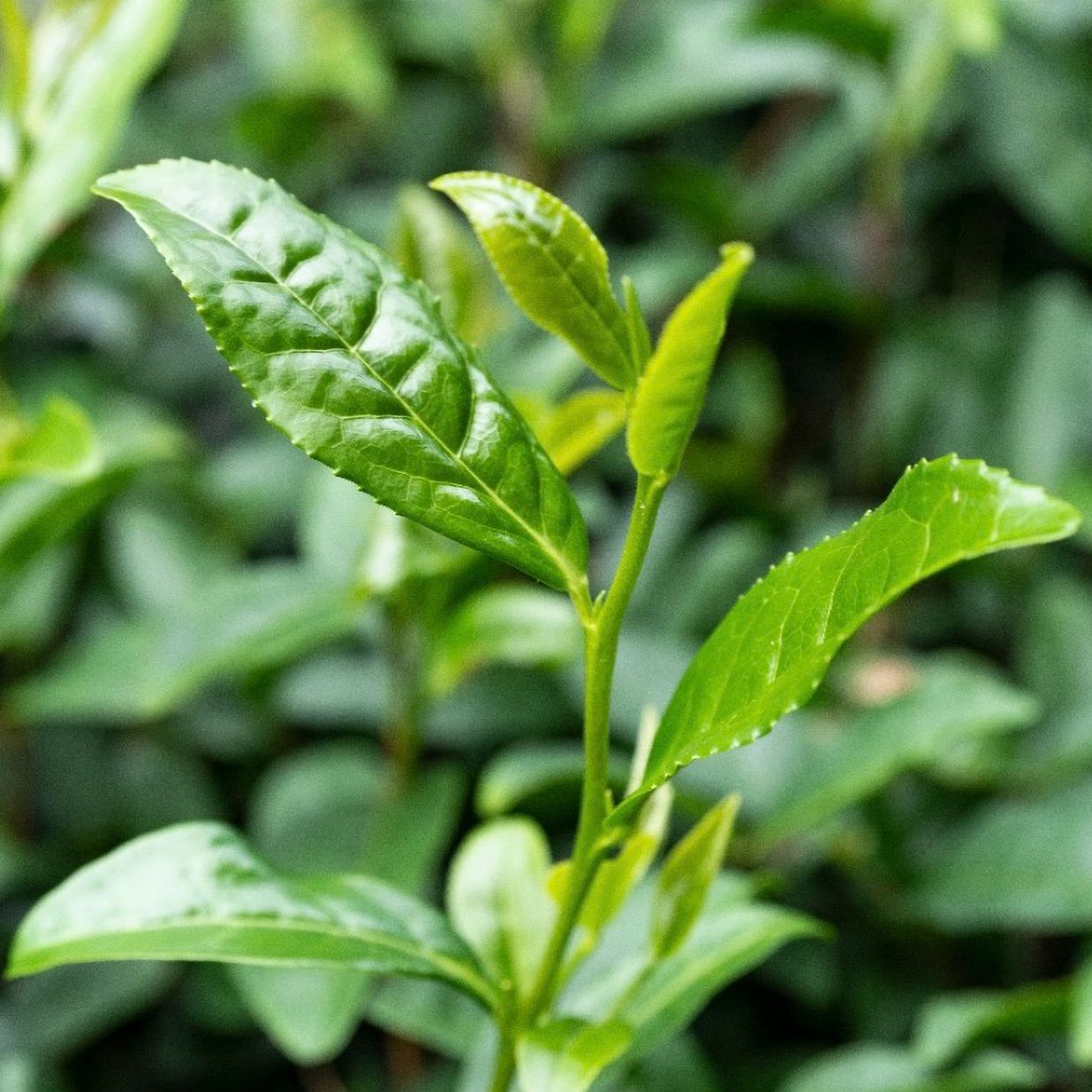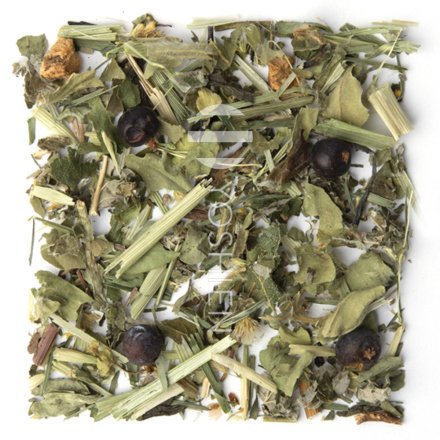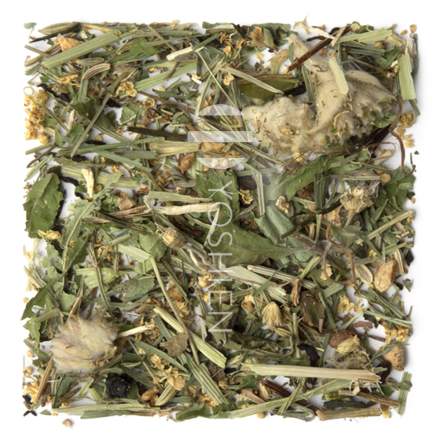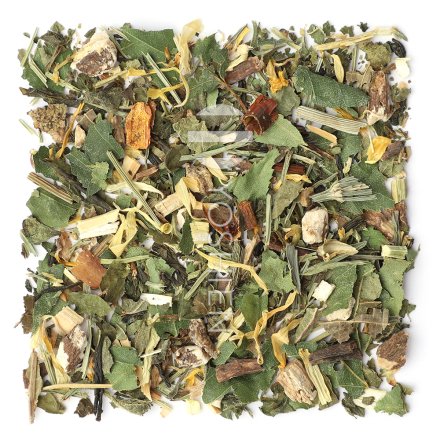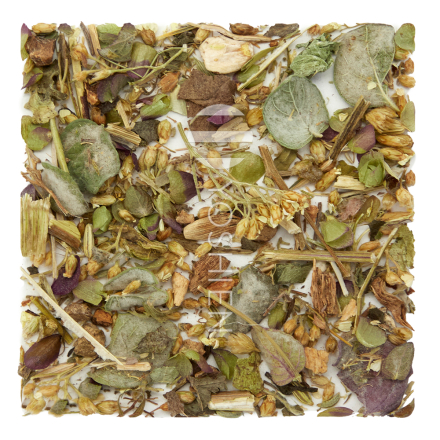Herbal infusion of dandelion and dandelion root, caraway, peppermint, raspberry leaves, Sunrouge green tea, dictamos, yarrow, milk thistle, wormwood, gentian root and artichoke.
Nettle
Although stinging nettle was for a long time an overlooked medicinal herb, it is increasingly enjoying scientific interest.
Caraway
Caraway (Carum carvi) belongs to the Apiaceae family and originates from the Mediterranean region, the Middle East and North Africa. Wild caraway plants can also be found in Germany. The fruits of the plant in particular are used in many international cuisines. In traditional European herbalism, caraway fruits are used for tea.
Peppermint
Peppermint has been used for ages in cultures around the world for purification rituals, as incense, and in the form of calming tea. To help improve concentration, students in ancient times wore a crown of twisted mint and relied on the sweet, clear scent for its stimulating effects.
Raspberry Leaves
The raspberry bush (Rubus idaeus) is mainly known for its tasty fruits, raspberries. However, its leaves are also used in traditional herbalism for the preparation of tea. Archaeological findings show that both the fruits and leaves of the plant were used as early as the Stone Age. Herbalist priests and monks of the Middle Ages often cultivated the bushes in their monastery gardens.
Sunrouge Green Tea
Sunrouge is a special cross of C. taliensis and C. sinensis strains. Sunrouge green has a high proportion of longer matured leaves of later harvests, which contain a specific composition of phytochemicals.
Dictamos
Dictamos (Origanum dictamnus) is a plant native to Crete. It belongs to the Lamiaceae family and grows wild mainly on limestone walls and rocks in the mountainous Dikti region. Dictamos was highly sought after in ancient times and was considered a true miracle herb by Greek herbalists. Today it is used both as a spice and in tea.
Yarrow
Yarrow is found throughout Europe and northern Asia and has a long tradition in herbalism. According to Greek mythology, the soldier Achilles also used yarrow, and it is to this legend that yarrow owes its Latin name Achillea millefolium.
Milk Thistle
Milk thistle, also known as Marian thistle, Mary thistle and Scotch thistle, belongs to the Asteraceae family, and owes its name to the white speckling of its leaves.
Wormwood
Wormwood (Artemisia absinthium) is a herbaceous plant belonging to the Asteraceae family. In ancient times, it was used to ward off demons and was put in infants' beds to protect them from goblins and spirits. Historically, the famous herbalist Priest Kneipp knew about its power. Today, wormwood forms the basis of various spirits such as absinthe.
Gentian Root
When thinking of gentian (Gentianceae), most people think of the blue-flowered gentian. Internally however, it is the root of the yellow gentian that is used. Gentian is one of the most bitter native plants of all. Its bitter value is at least 10,000, which is extremely bitter.
Artichoke
Artichokes (Cynara) contains many phytochemicals. The artichoke was first described by herbalists in Persian records as early as about 1,000 years ago and has also been considered an important remedy in Western herbalism for about 100 years.



